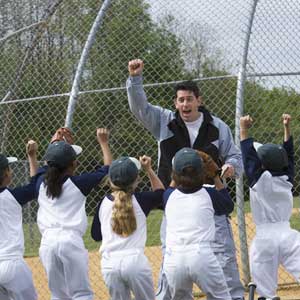As defined by the Levin Institute at
The State University of New York globalization is, “a process of interaction
and integration among the people, companies, and governments of different
nations, a process driven by international trade and investment and aided by
information technology.” Globalization can be seen as a good thing. Through
social media, other new ways to communicate, and new transportation modes the
world has become a much smaller place. We can no longer view the nations of the
world as separate and independent societies. We are now able to communicate
with people across the world and we are now able to travel to anywhere in less
than 24 hours. But with globalization, comes global stratification. Global
stratification is “the systematic inequalities between and among different
groups within nations that result from the differences in wealth, power, and
prestige of different societies relative to their position in the international
economy” (Anderson, Taylor 212). Theories such as the World Systems Theory, the
Modernization Theory, and Dependency Theory help explain the concept of global
stratification and bring to perspective the idea that globalization isn’t all
good.
Before all the theories there are
the facts of the divisions that are clearly visible in today’s world. As
defined by the book we have semiperpheral, peripheral, and core countries. Core
countries are countries such as the United States. These countries have vast economic
power and control and profit the most from the world system of global
stratification. Semiperpheral countries are countries like Turkey and Mexico
that are somewhat industrialized. These countries represent what we would think
of as a “middle class” (Anderson, Taylor 215). Lastly, there are the peripheral
countries. These countries are what we would think of as the lower class. They
are the poor, agricultural countries of the world. These countries tend to have
vast natural resources, but they are unable to use them themselves because they
are exploited by core countries, which in turn keep them from developing
further keeping them in poverty. Another way to view this system is to think of
first, second, and third world countries. First world countries are the core
countries, second world are the semiperipheral countries, and third world
countries are the peripheral countries.
In sociology, theories such as the
World System Theory, the Modernization Theory, and the Dependency Theory help
us understand how global stratification came about. As well as giving us more
understanding of the global inequality seen around the world. According to the
Modernization Theory economic development “arises from relinquishing
traditional cultural values and embracing new technologies and market-driven
attitudes and values” (Anderson, Taylor 217). Based on this theory countries
remain in poverty as a result of holding on to traditional values. Therefore
the society is prevented from competing in the modern global economy. The
Dependency Theory on the other hand suggests that economic development comes
from the most powerful countries exploiting the least powerful countries, where
the powerful countries then gain control of the political and economic systems
of the least powerful countries. This results in the least powerful countries
remaining in poverty due to their dependence on the wealthy nations that
exploit them. Lastly there is the World Systems Theory, which in some ways similar
to the Dependency Theory. This theory explains economic development as a result
of “the development of a world market that links core, semiperipheral, and
peripheral nations” (Anderson, Taylor 217). This theory states that poverty stems
from core nations “extracting labor and natural resources from the peripheral
countries” (Anderson, Taylor 217).
Globalization has created great
progress in the world. Advances in trading, migration, the spread of diverse
cultures, travel, and much more can be included into the benefits of
globalization, but there is no doubt that globalization is contributing to the inequality
between nations; in addition to the exploitation of some nations by other countries.
News Article:
Just How Powerful is a 'Made in America' Tag? - Alexandra Thomas
http://www.hlntv.com/article/2012/10/21/buy-products-made-america-us
References
The
Levin Institute - The State University of Ne. (2012). What is Globalization. In Globalization 101. Retrieved November
20, 2012, from http://www.globalization101.org/what-is-globalization/




